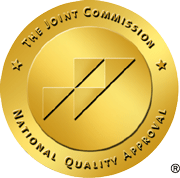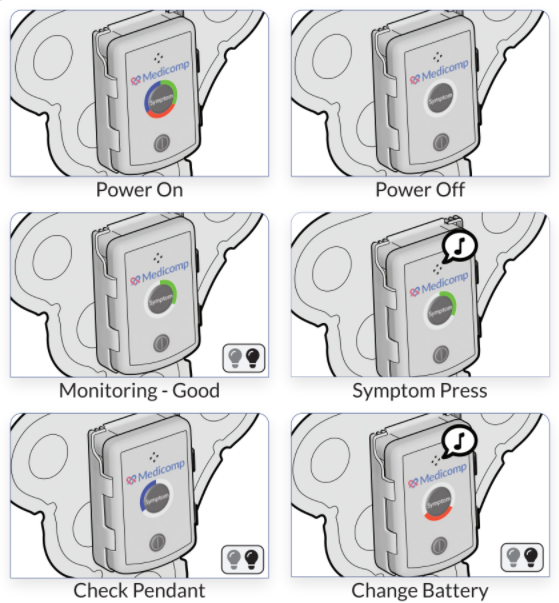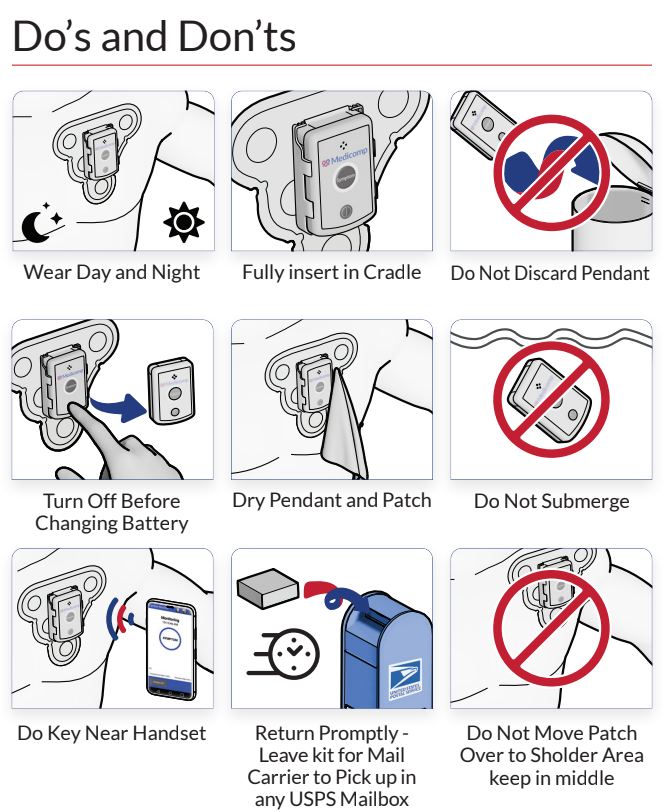Holter monitors are portable devices used to measure and record heart activity continuously. Most commonly, a Holter monitor is worn when a slow heartbeat, fast or irregular heartbeat, tightness in the chest, or shortness of breath has been reported. These symptoms are common precursors to heart attack and stroke. The risk of heart attack and stroke is greatly increased if a patient has an inherited disorder called Familial Hypercholesterolemia (FH).
FH is a genetic disorder caused by a defect on chromosome 19. It has two forms: Heterozygous and Homozygous. If the genetic mutation is inherited from only one parent, it is called Heterozygous FH and affects one in 250 people worldwide. If inherited from both parents, it is called Homozygous FH which affects approximately one in 160,000 people worldwide with possible consequences that are much more severe. This chromosomal defect makes the body unable to remove low-density lipoprotein (LDL) cholesterol from the blood. Consistent high levels of LDL increase the likelihood of narrowed arteries from atherosclerosis at an early age.
In an attempt to reduce early unexpected heart attacks, a study was carried out by researchers from Queen Mary University of London and Great Ormond Street Hospital. A heel-stick blood test was performed on 10,059 children aged one to two during routine immunization visits. The blood test was a check for high cholesterol as well as 48 gene mutations that can cause FH.
The study suggests three to four in 1,000 people have FH. The researchers said the screening was “a simple, practical and effective way of screening the population to identify and prevent a relatively common inherited cause of cardiovascular disease.” They say it’s better to think of FH as “a marker that indicates an increased risk” of heart disease, as not everyone with FH mutations has high cholesterol, and not everyone with high cholesterol has heart disease. However, it does offer the knowledge of increased risk to patients so that they more seriously monitor their health as they age. They can make sure that blood work is performed routinely and opt for earlier stress tests or Holter monitoring to identify other early signs of cardiovascular disease. For more information on Holter monitoring for those affected by FH, contact a ReactDx consultant at 800-234-3278 (800-23-HEART). Follow future blog posts for more information on other products and services offered.



